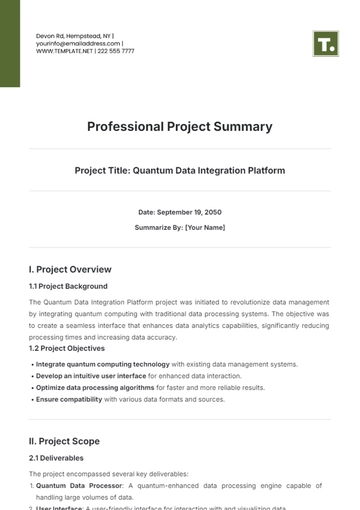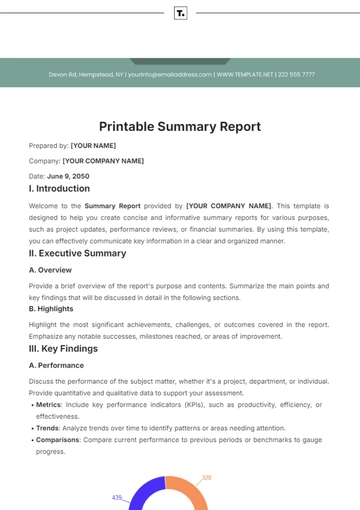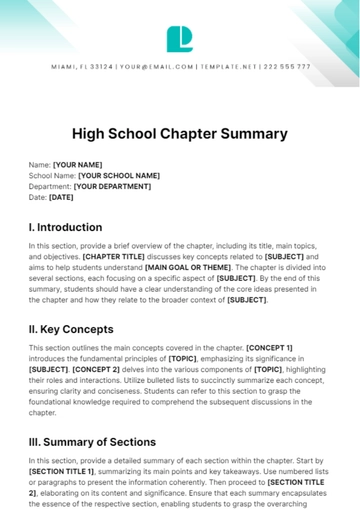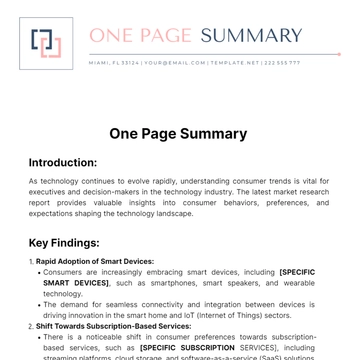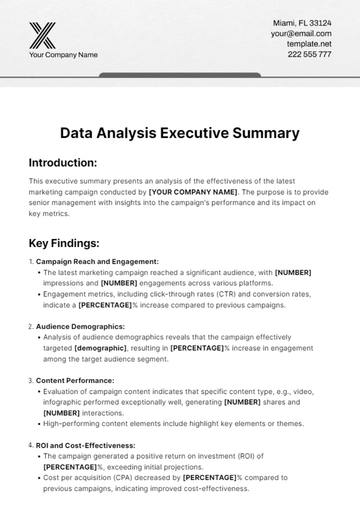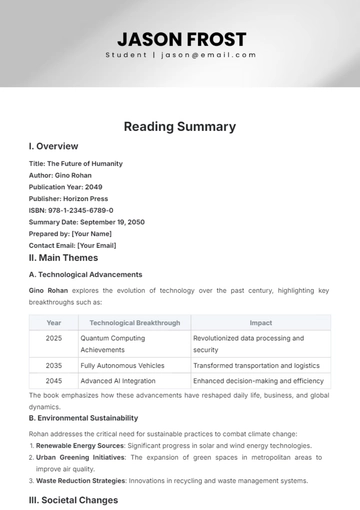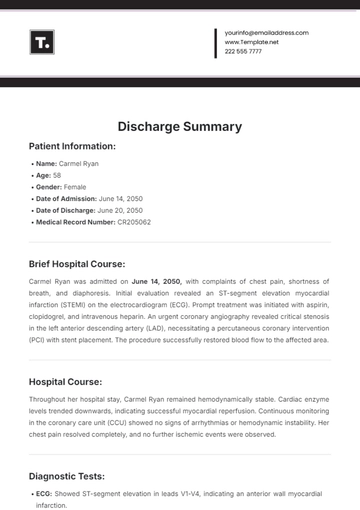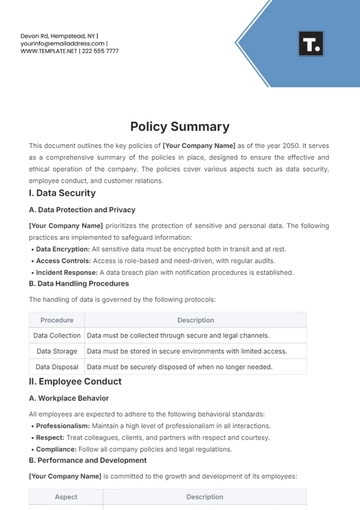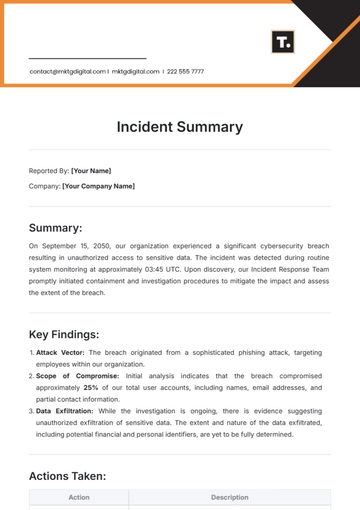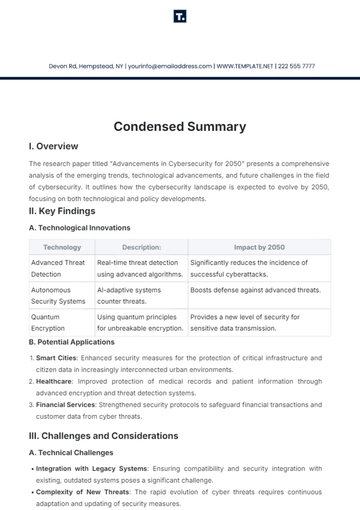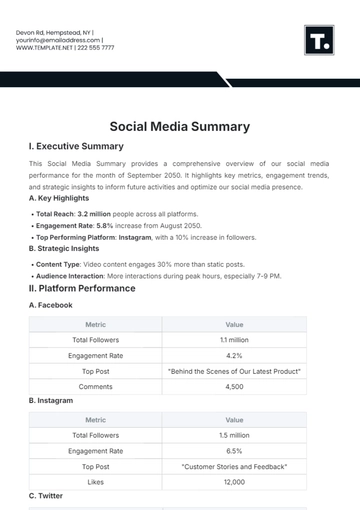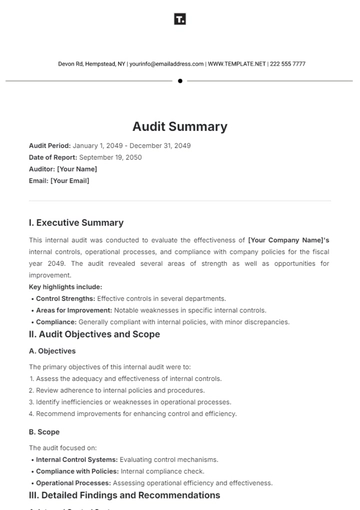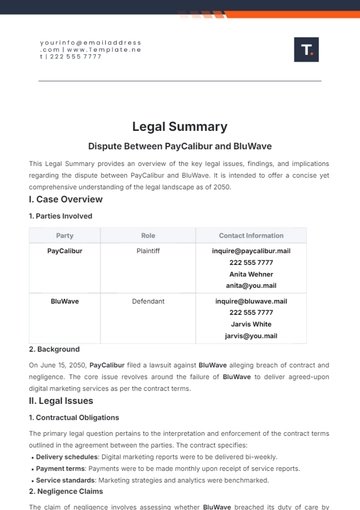Free Legal Summary
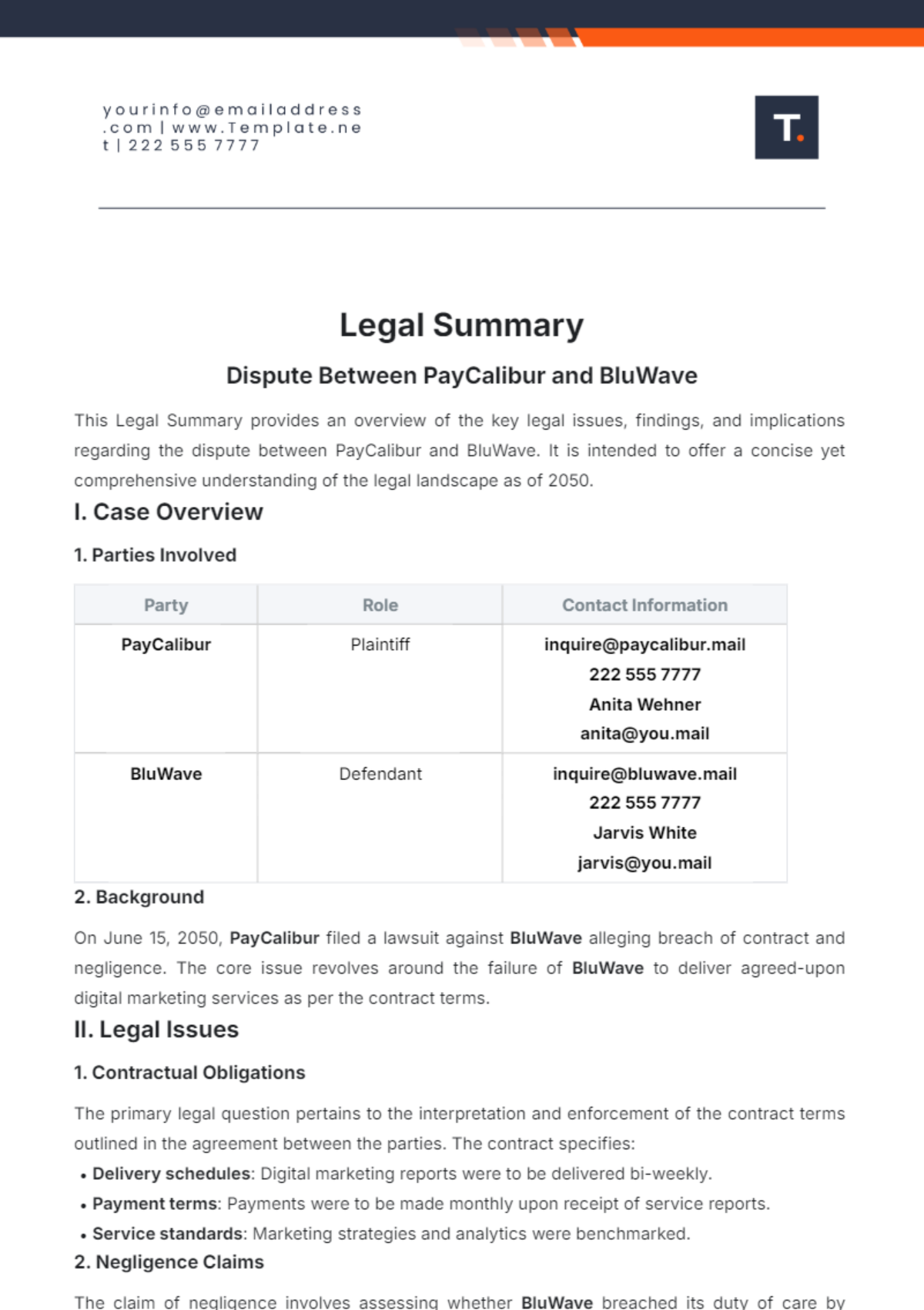
Dispute Between PayCalibur and BluWave
This Legal Summary provides an overview of the key legal issues, findings, and implications regarding the dispute between PayCalibur and BluWave. It is intended to offer a concise yet comprehensive understanding of the legal landscape as of 2050.
I. Case Overview
1. Parties Involved
Party | Role | Contact Information |
|---|---|---|
PayCalibur | Plaintiff | inquire@paycalibur.mail |
BluWave | Defendant | inquire@bluwave.mail |
2. Background
On June 15, 2050, PayCalibur filed a lawsuit against BluWave alleging breach of contract and negligence. The core issue revolves around the failure of BluWave to deliver agreed-upon digital marketing services as per the contract terms.
II. Legal Issues
1. Contractual Obligations
The primary legal question pertains to the interpretation and enforcement of the contract terms outlined in the agreement between the parties. The contract specifies:
Delivery schedules: Digital marketing reports were to be delivered bi-weekly.
Payment terms: Payments were to be made monthly upon receipt of service reports.
Service standards: Marketing strategies and analytics were benchmarked.
2. Negligence Claims
The claim of negligence involves assessing whether BluWave breached its duty of care by failing to adhere to industry standards in digital marketing practices, which allegedly resulted in suboptimal campaign performance.
III. Court's Analysis
1. Contract Interpretation
The court reviewed the contractual provisions and applied principles of contract law to determine the obligations and rights of both parties. Key findings include:
Clause on Delivery: The court found that the bi-weekly delivery schedule was a binding term and BluWave failed to meet this obligation.
Clause on Payment: The court upheld the monthly payment structure but noted PayCalibur's entitlement to a refund for incomplete services.
2. Assessment of Negligence
The court evaluated the evidence presented to establish whether BluWave acted in accordance with the standard of care expected in digital marketing. The analysis involved:
Evidence: Examination of marketing reports and client feedback.
Standards: The court cited digital marketing and client communication standards.
IV. Legal Precedents
1. Relevant Case Law
The court considered several precedents, including:
Case | Principle Established | Relevance |
|---|---|---|
Smith v. Jones | Enforcement of contract terms is mandatory | Relevant to the binding nature of delivery schedules |
Doe v. Acme Corp. | Duty of care must align with industry standards | Relevant to assessing negligence in service delivery |
2. Statutory Framework
The decision also referenced relevant statutes and regulations, such as:
Uniform Commercial Code (UCC): Applicable to the enforcement of commercial contracts.
Digital Marketing Standards Act: Provides guidelines for service quality and client expectations.
V. Implications
1. For the Parties
The outcome of the case will have significant implications for both PayCalibur and BluWave:
PayCalibur: May be entitled to a refund and potential damages for breach of contract.
BluWave: Could face financial penalties and a requirement to improve service delivery standards.
2. For the Industry
The ruling may set a precedent that affects the industry by influencing contract negotiation practices and the enforcement of service quality standards in digital marketing.
VI. Conclusion
The summary of the case demonstrates the complexities of interpreting contractual obligations and assessing negligence. The legal principles established here will guide future cases with similar issues and provide clarity on contractual delivery terms and negligence standards.
For further information or specific inquiries, please contact:
[Your Name]
[Your Email]
- 100% Customizable, free editor
- Access 1 Million+ Templates, photo’s & graphics
- Download or share as a template
- Click and replace photos, graphics, text, backgrounds
- Resize, crop, AI write & more
- Access advanced editor
Discover unparalleled convenience with the Editor Legal Summary Template from Template.net. Tailored for legal professionals, it offers an editable and customizable format, ensuring precise documentation. Seamlessly edit in our AI Editor Tool for effortless customization. Elevate your legal summaries with efficiency and accuracy, exclusively with Template.net.

